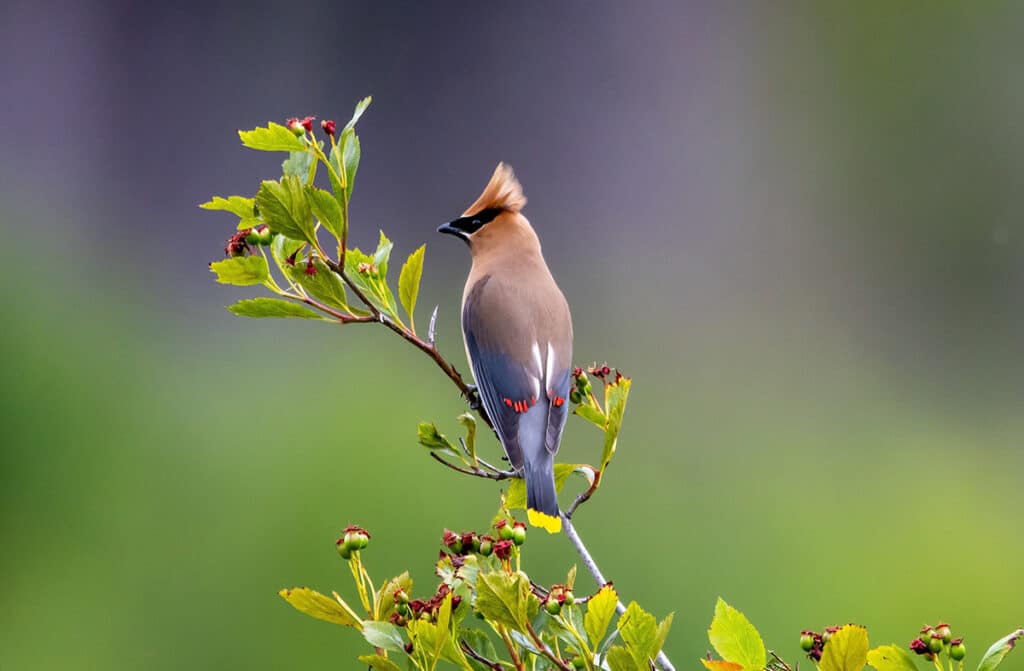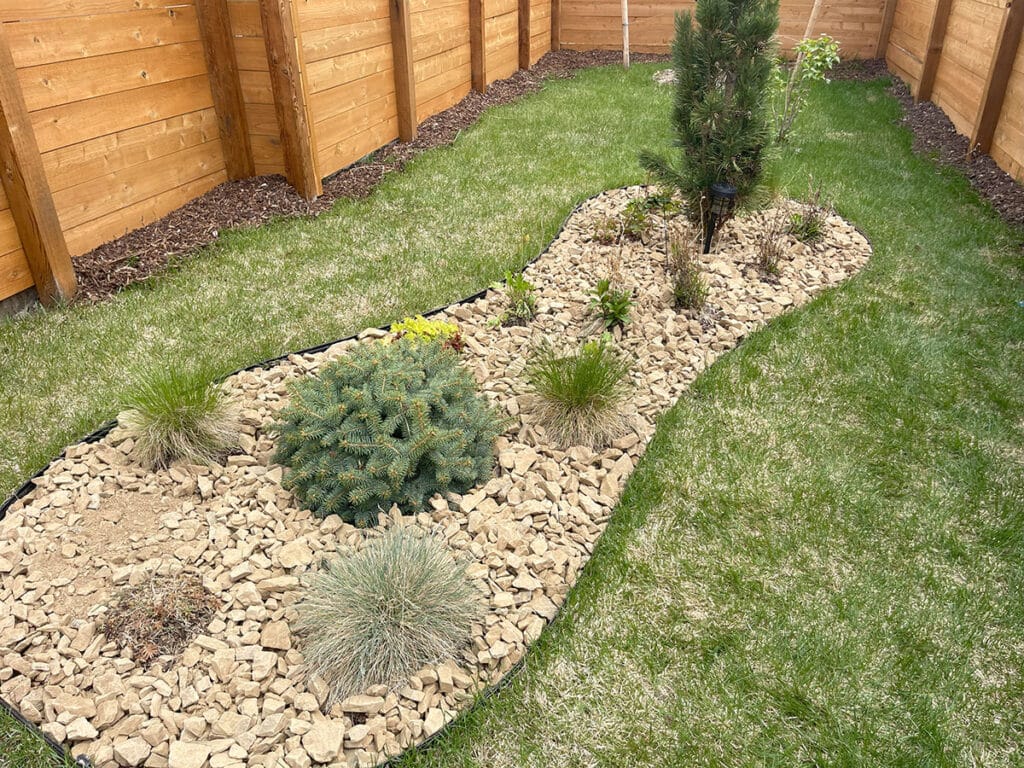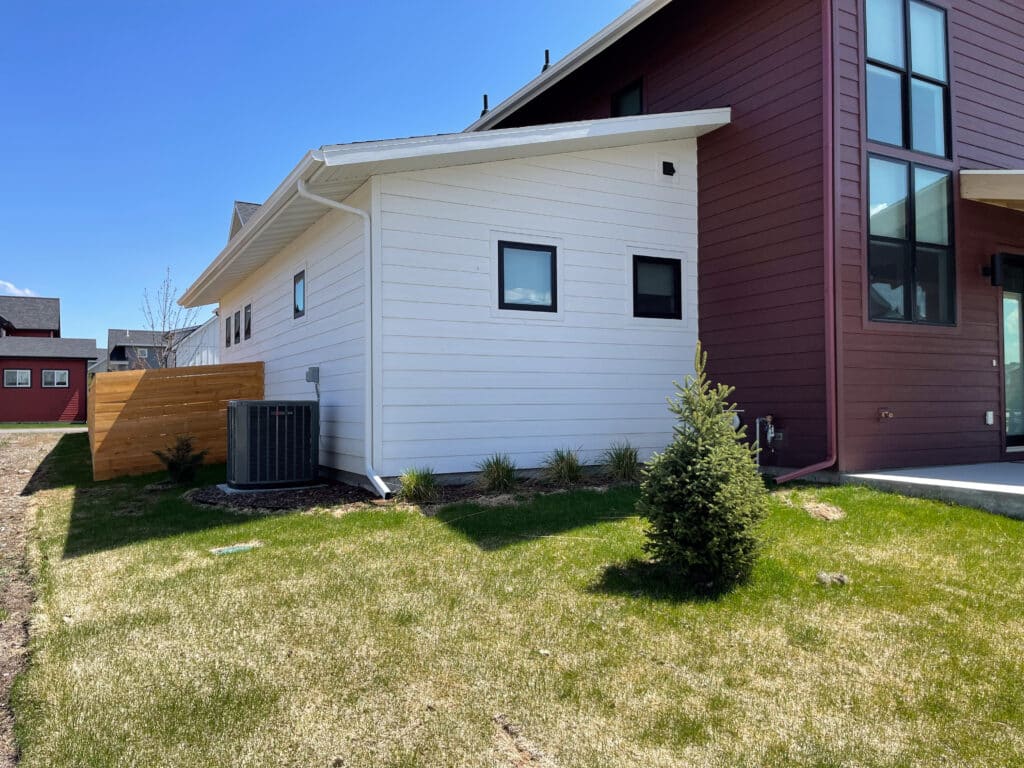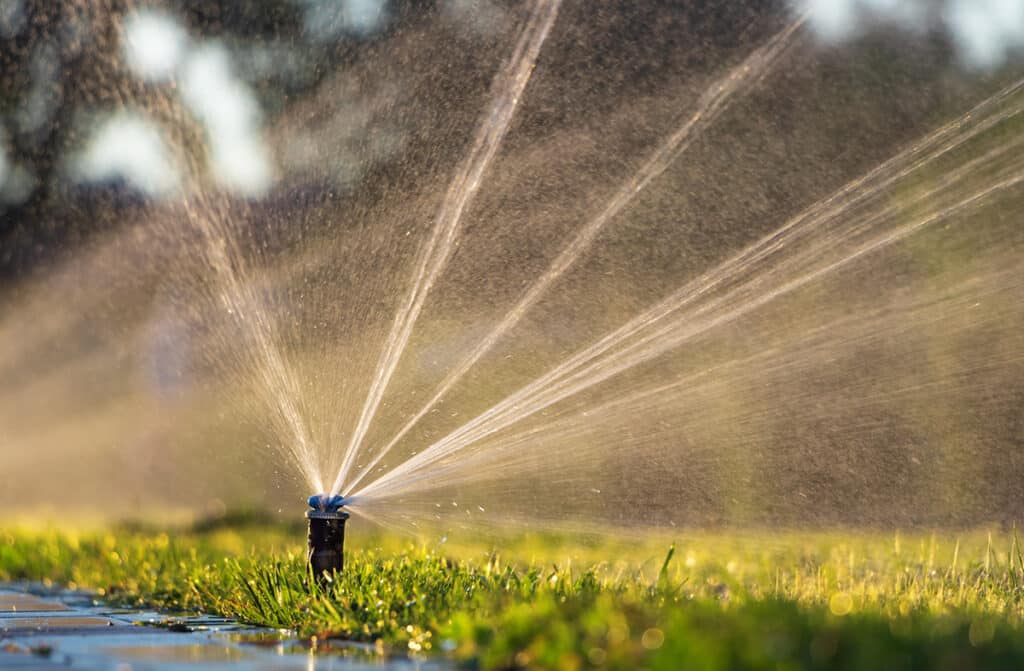Provide bird feeders, water sources, and native plants that attract birds with food and shelter.
Attracting birds to your landscape can be a rewarding and enjoyable experience. Birds not only add beauty and liveliness to your outdoor space but also contribute to natural pest control. Here are some tips on how to attract birds to your landscape:
Options
1. Provide Bird Feeders
Types of Feeders: Use different types of bird feeders to attract a variety of bird species. Common feeders include tube feeders, platform feeders, and suet feeders.
Bird Food: Offer a mix of bird seeds, suet, and nectar to cater to the diverse diets of various bird species.
2. Choose the Right Bird Seed
Different birds have different dietary preferences. Sunflower seeds are generally popular, but you can also include millet, safflower, and nyjer seeds to attract a variety of birds.

3. Provide Fresh Water
Set up bird baths or shallow containers of fresh water. Birds need water not only for drinking but also for bathing. Clean and refill the water regularly to keep it fresh.
4. Plant Native Plants
Native plants provide birds with natural food sources, including seeds, berries, and insects. Choose a variety of plants that offer different types of food throughout the year.
5. Create Bird-Friendly Landscaping
Shrubs and Trees: Plant shrubs and trees that provide shelter and nesting sites. Evergreen trees offer year-round protection.
Flowering Plants: Include flowering plants that produce nectar to attract hummingbirds and butterflies, which, in turn, attract birds.
6. Offer Nesting Boxes
Install nesting boxes or birdhouses in your landscape. Different bird species have varying preferences for the size and placement of nesting boxes, so research the specific needs of the birds in your area.
7. Provide Shelter and Perching Spots
Include structures like bird-friendly trees, bushes, and perches where birds can rest and observe their surroundings.
8. Avoid Pesticides
Minimize the use of pesticides and herbicides in your landscape, as they can harm insects that birds rely on for food.
9. Include Bird-Friendly Features
Rock Piles: Create small rock piles or boulders where birds can forage for insects.
Mulch and Leaf Litter: Birds may search for insects in leaf litter and mulch, so maintain a natural layer in your landscape.
10. Maintain a Clean Landscape
Regularly clean bird feeders and bird baths to prevent the spread of diseases. Cleanliness is crucial to maintaining a healthy bird-friendly environment.
11. Install Wind Chimes or Bird-Friendly Art
Wind chimes and bird-friendly art can add visual interest and attract birds with their sounds and reflections.
12. Be Patient
Attracting birds may take time. Be patient and consistent in providing food, water, and shelter. Once birds discover your landscape as a welcoming environment, they are likely to return.
13. Use Bird-Friendly Lighting
If you have outdoor lighting, use bird-friendly fixtures that minimize light pollution and do not disorient or disturb birds during the night.
14. Research Local Birds
Learn about the birds native to your region and their preferences. This knowledge will help you tailor your landscaping efforts to attract specific species.
15. Create a Year-Round Habitat
Plan your landscape to provide resources throughout the seasons. Different birds have varying needs depending on the time of year.
By implementing these tips, you can create a bird-friendly landscape that attracts a diverse array of birds, contributing to the overall biodiversity and enjoyment of your outdoor space.



